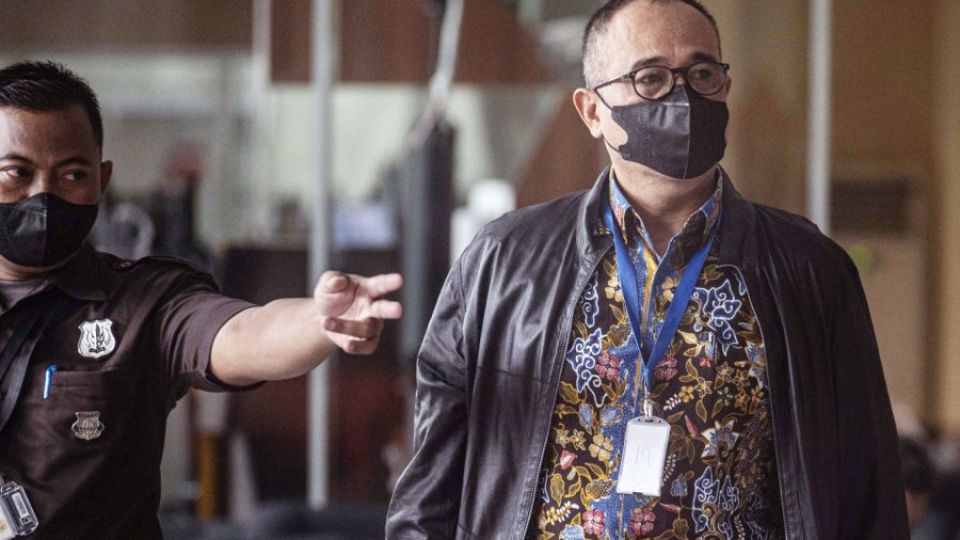March 13, 2023
JAKARTA – Flaunting wealth seems to be an obsession these days, fueled in large part by the reach and instant gratification of social media. Gadgets allow attention-seekers to post photos showing off sports cars, branded clothing and accessories, expensive holidays and haute dining.
The more extravagant their spending, the more they dazzle friends and followers, and this feeds into a cycle of competition to outdo one another.
Amid an avalanche of wealth-related scandals in the civil service, President Joko “Jokowi” Widodo has stepped in and told officials, and presumably their families, to stop showing off their wealth on social media.
Really, he should have extended the appeal to the whole country.
The President’s remarks were targeted at officials at the Taxation Directorate General, after revelations about lavish lifestyles there that seemed fundamentally misaligned with what civil servants’ positions should provide.
The scandals have come at a particularly sensitive time. This is the month when people are supposed to be submitting their tax returns, and already, Said Aqil Siroj, a respected ulama and former chairman of Nahdlatul Ulama (NU), is calling on people to boycott their taxes.
The spark that set off the backlash was the assault of a teenager by the son of Rafael Alun Trisambodo, a senior tax official. After a video of the beating went viral, netizens quickly tracked down the social media pages of the son, Mario Dandy Satrio, which displayed his extravagant lifestyle. The Jeep Rubicon he flaunted on Facebook turned out to be registered to someone else, a common practice to avoid paying taxes.
More revelations followed. A picture of taxation director general Suryo Utomo and his colleagues riding big bikes went viral, prompting Finance Minister Sri Mulyani Indrawati to order the dissolution of a bike club made up of top tax officials.
After still more discoveries by internet sleuths and the police, the Corruption Eradication Commission (KPK) got involved and is now investigating possible large-scale corruption in the tax office and beyond.
Coordinating Political, Legal and Security Affairs Minister Mahfud MD has announced that Rp 300 trillion (US$19 billion) in suspicious transactions have been flagged at the Finance Ministry, and dozens of senior tax officers are under investigation for failing to properly disclose their wealth.
Sri Mulyani, as finance minister under former president Susilo Bambang Yudhoyono from 2004 to 2009, hiked the salaries of tax officers, making them the highest-paid civil servants in the country. She claimed this would limit the temptation to embezzle public funds, for which they were notorious.
That fix has done very little. Not only is corruption still clearly going on, and possibly on a massive scale, but also these civil servants and their families are flashing their cash in the faces of the Indonesian public, who pay their salaries – perhaps even more directly than we expected.
We hope the President’s appeal was not made so that these overpaid tax officers could quietly enjoy their wealth, whose provenance the ongoing investigations will hopefully reveal, but so that these officials would be more sensitive to the many others in this country who are less fortunate.
Nearly 10 percent of our country’s 280 million people live below the poverty line. During the COVID-19 pandemic, millions lost their livelihoods and now depend on government support. The gap between the rich and the poor, which was already large, likely widened during this period, and more economic uncertainty may be on the horizon.
Whether offline or online, blithe indifference to one’s community and compatriots is wrong – and deeply un-Indonesian, if we still believe in the old wisdom of gotong royong (mutual support). And it runs counter to all of the venerable religious traditions of our archipelago.


